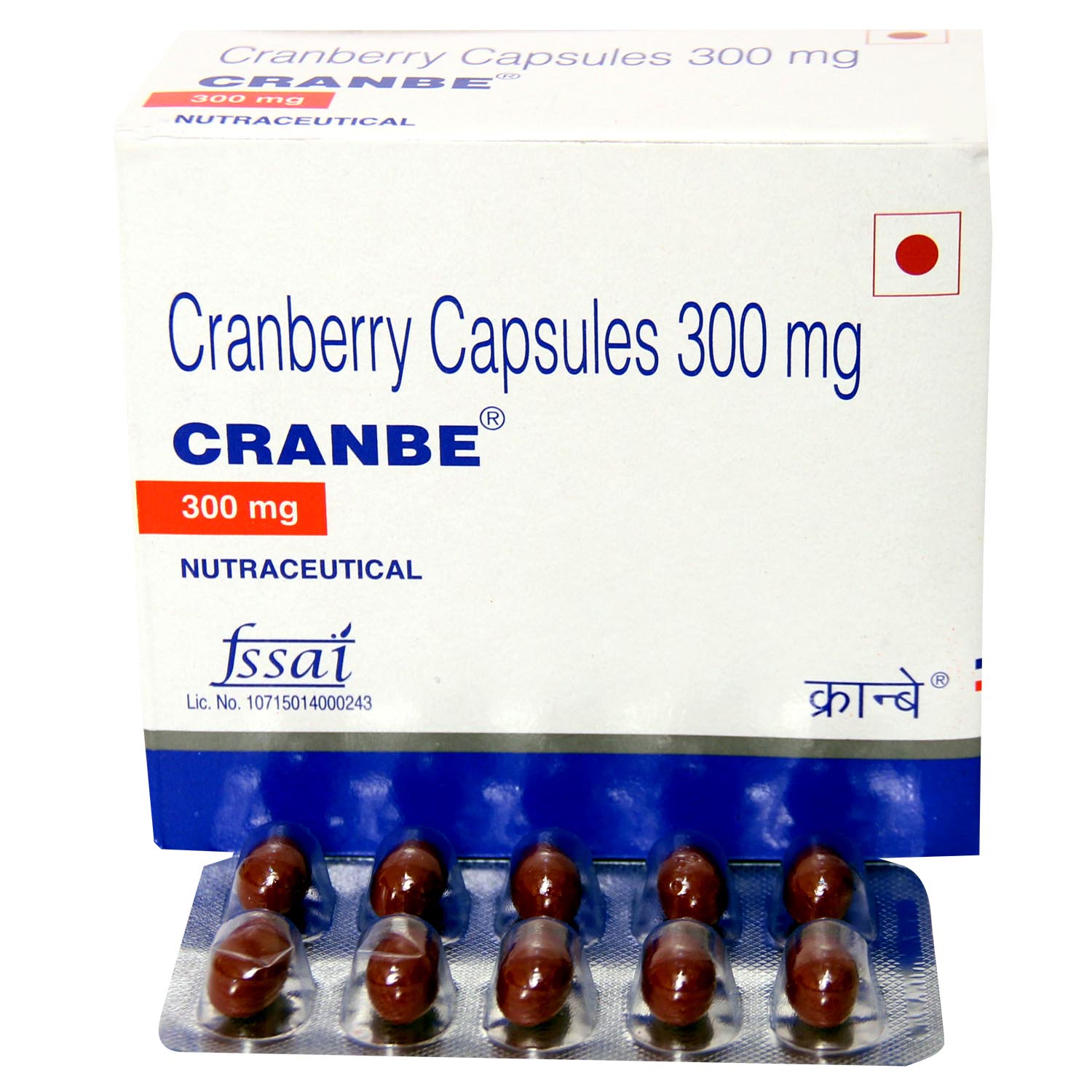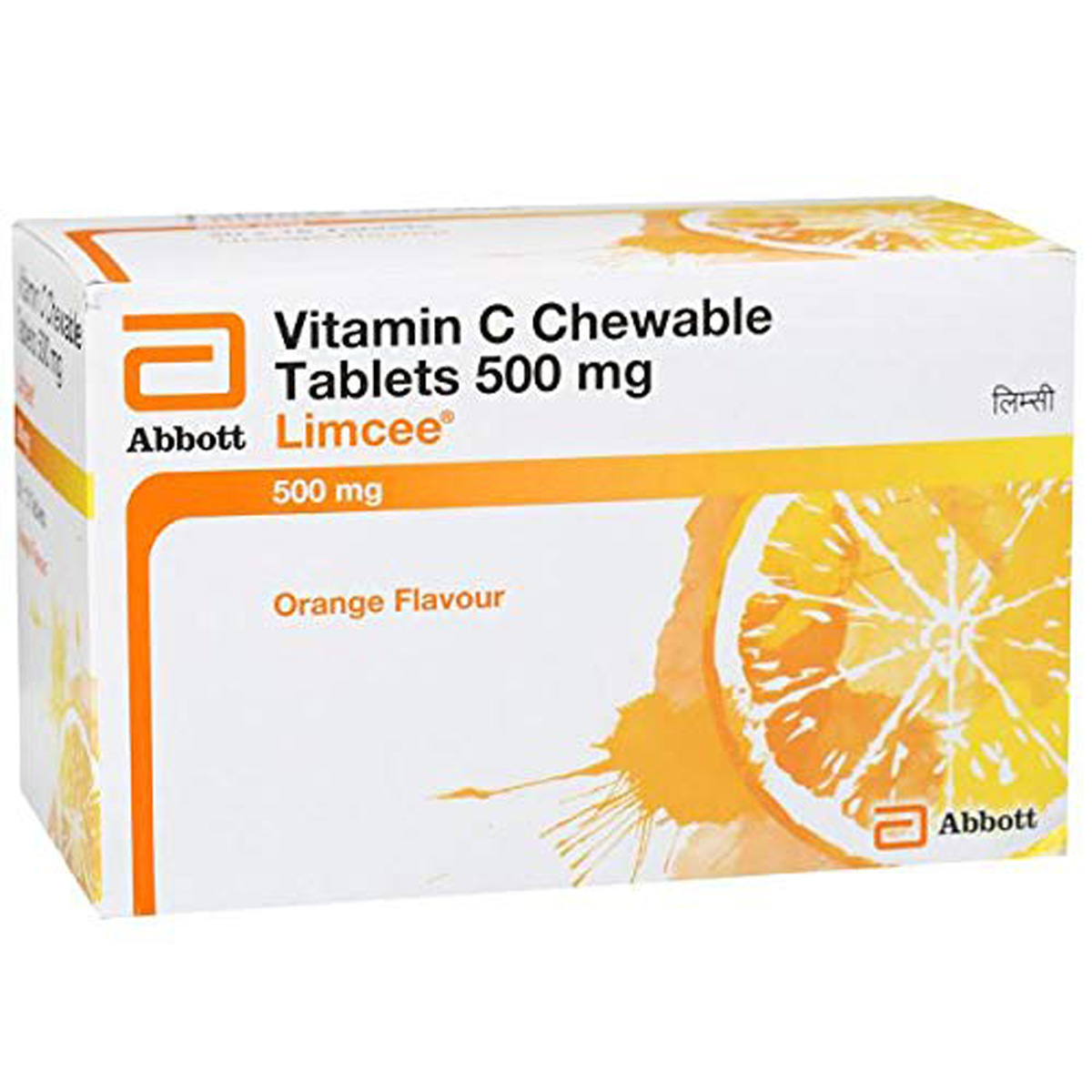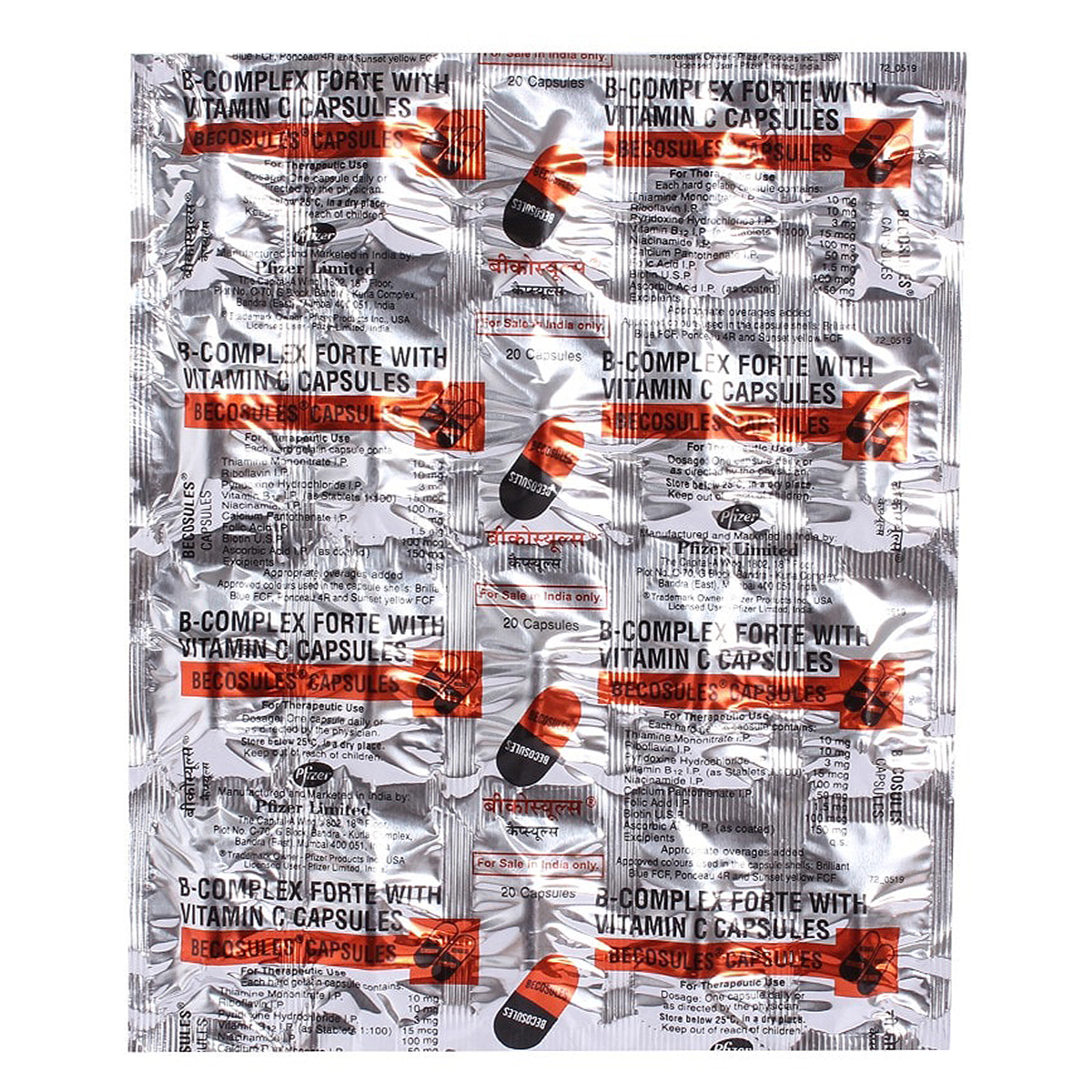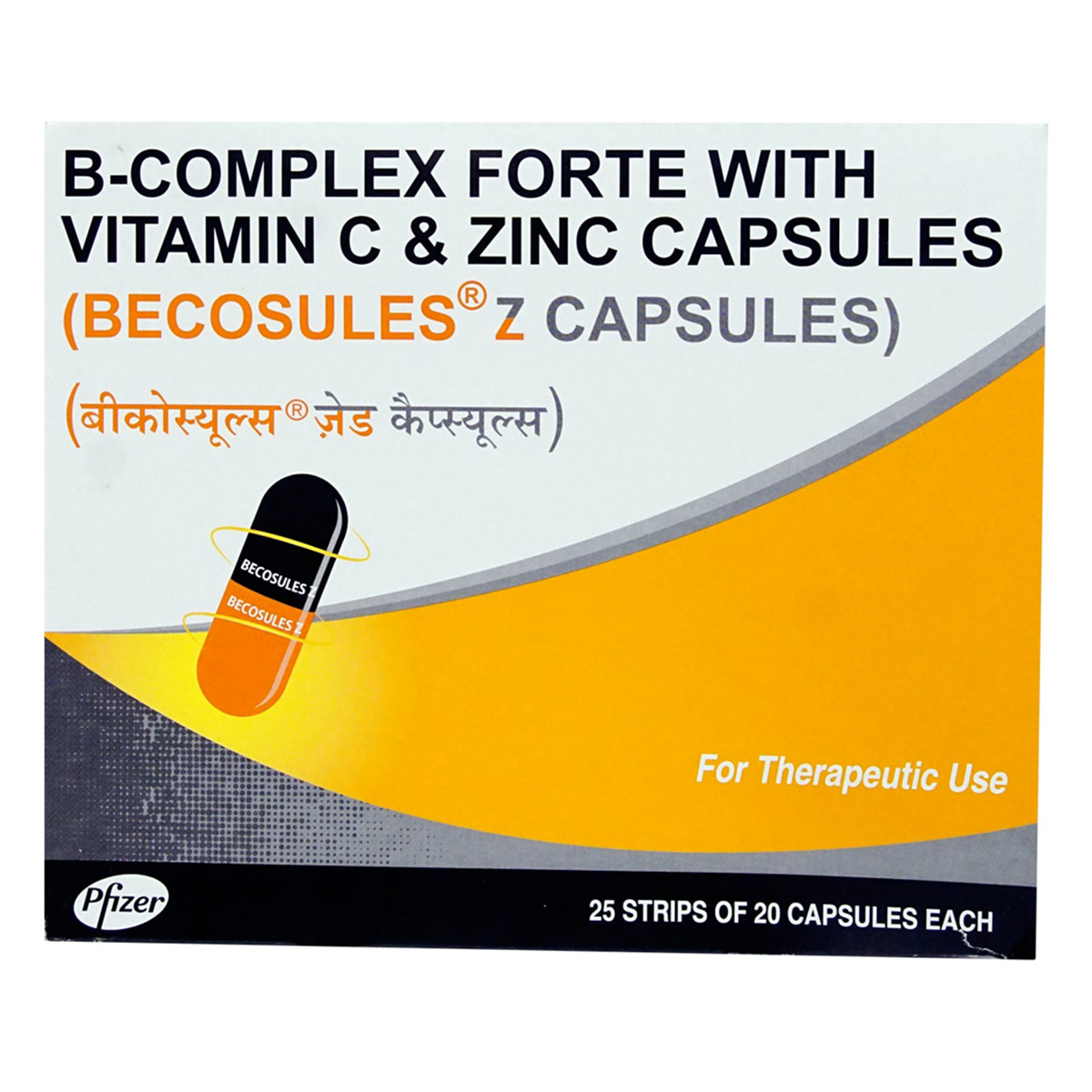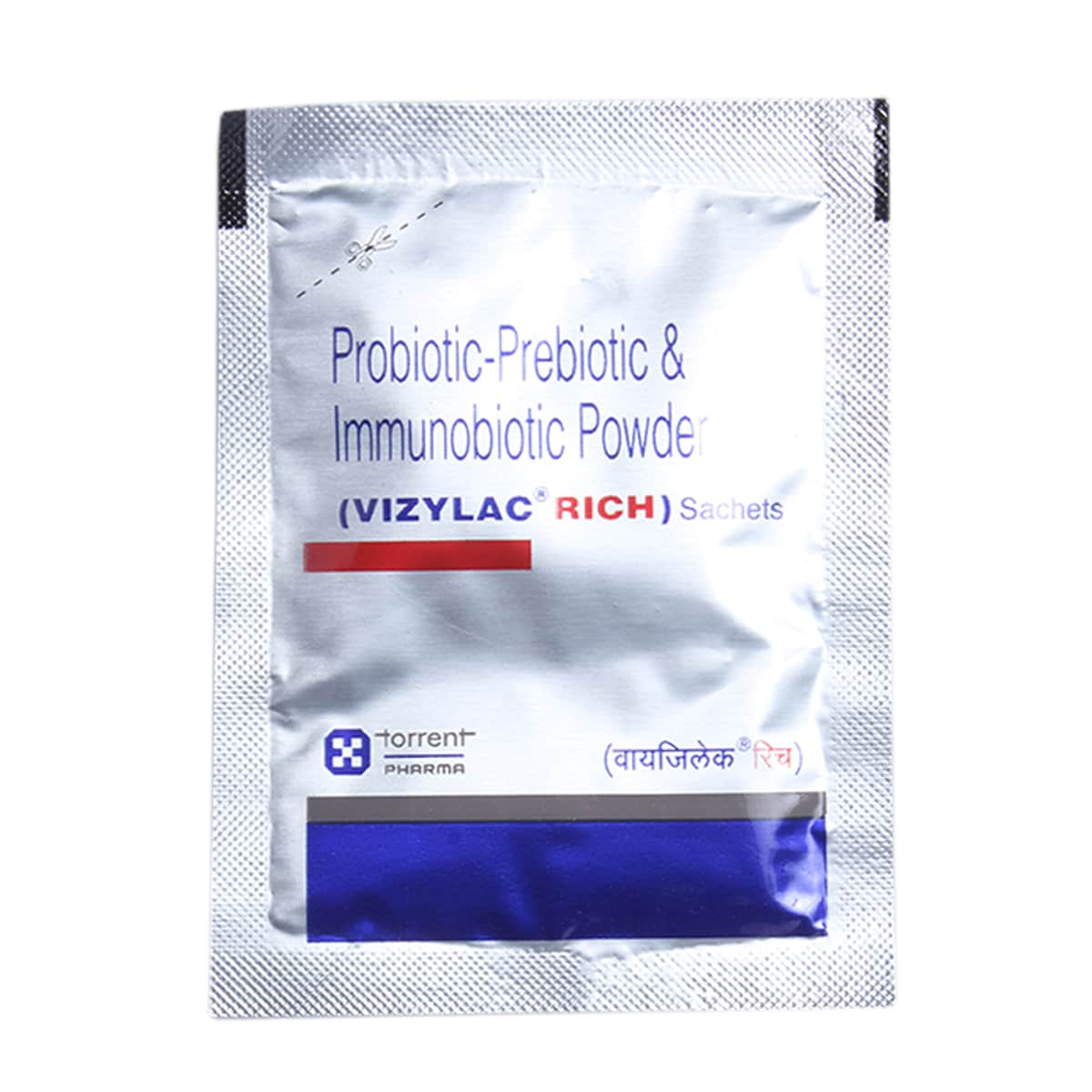Sucrobind 500 mg Chewable Tablet
MRP ₹315
(Inclusive of all Taxes)
₹47.3 Cashback (15%)

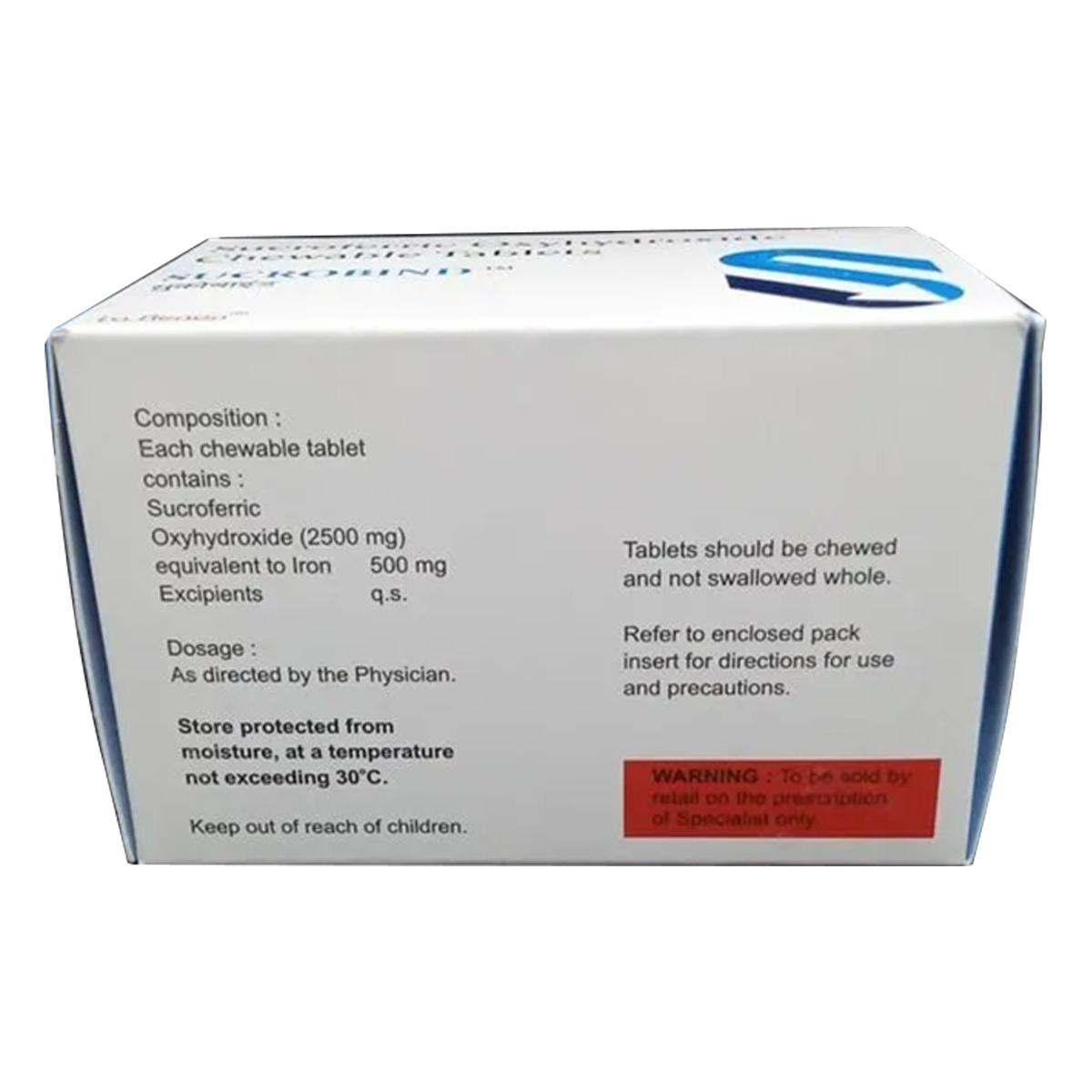
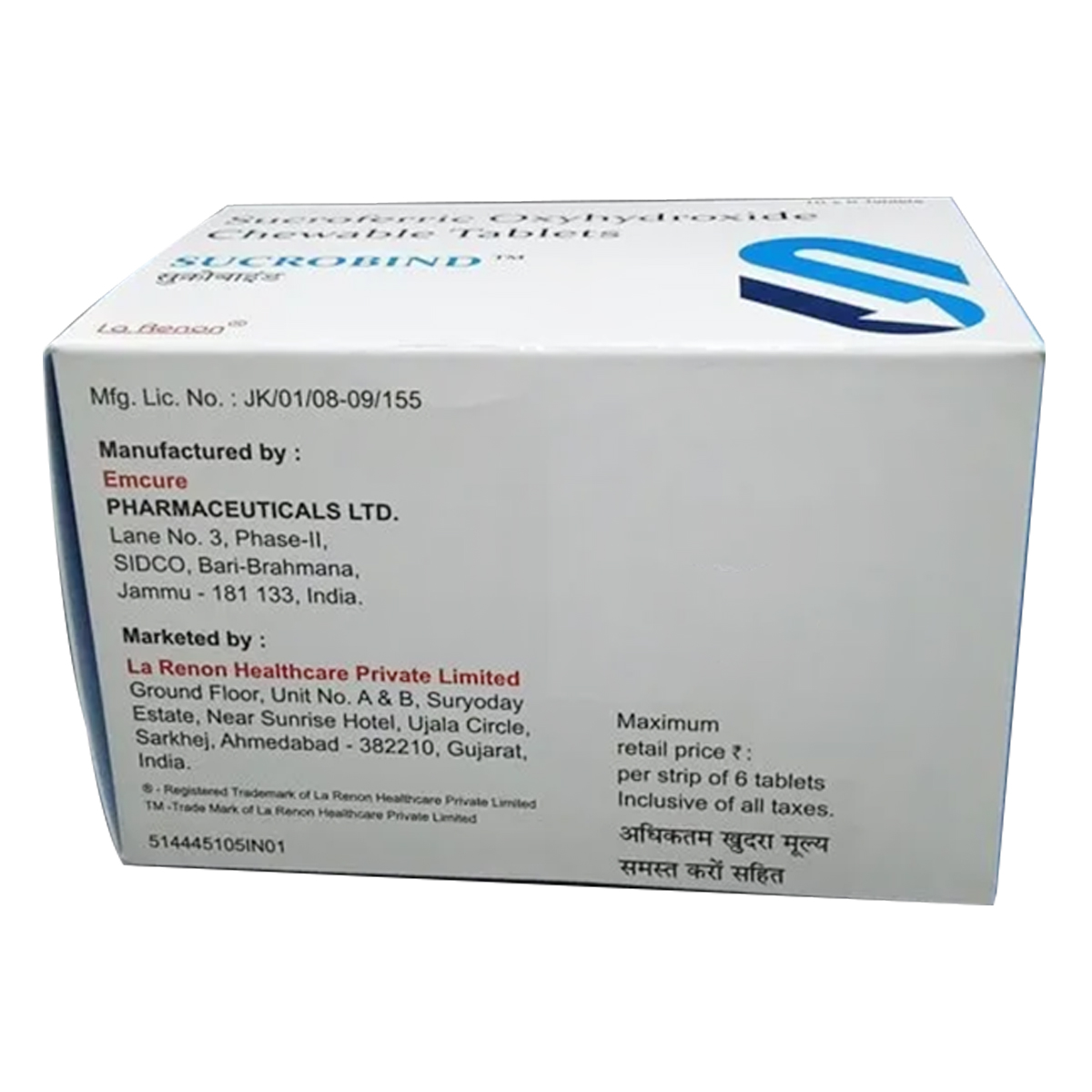
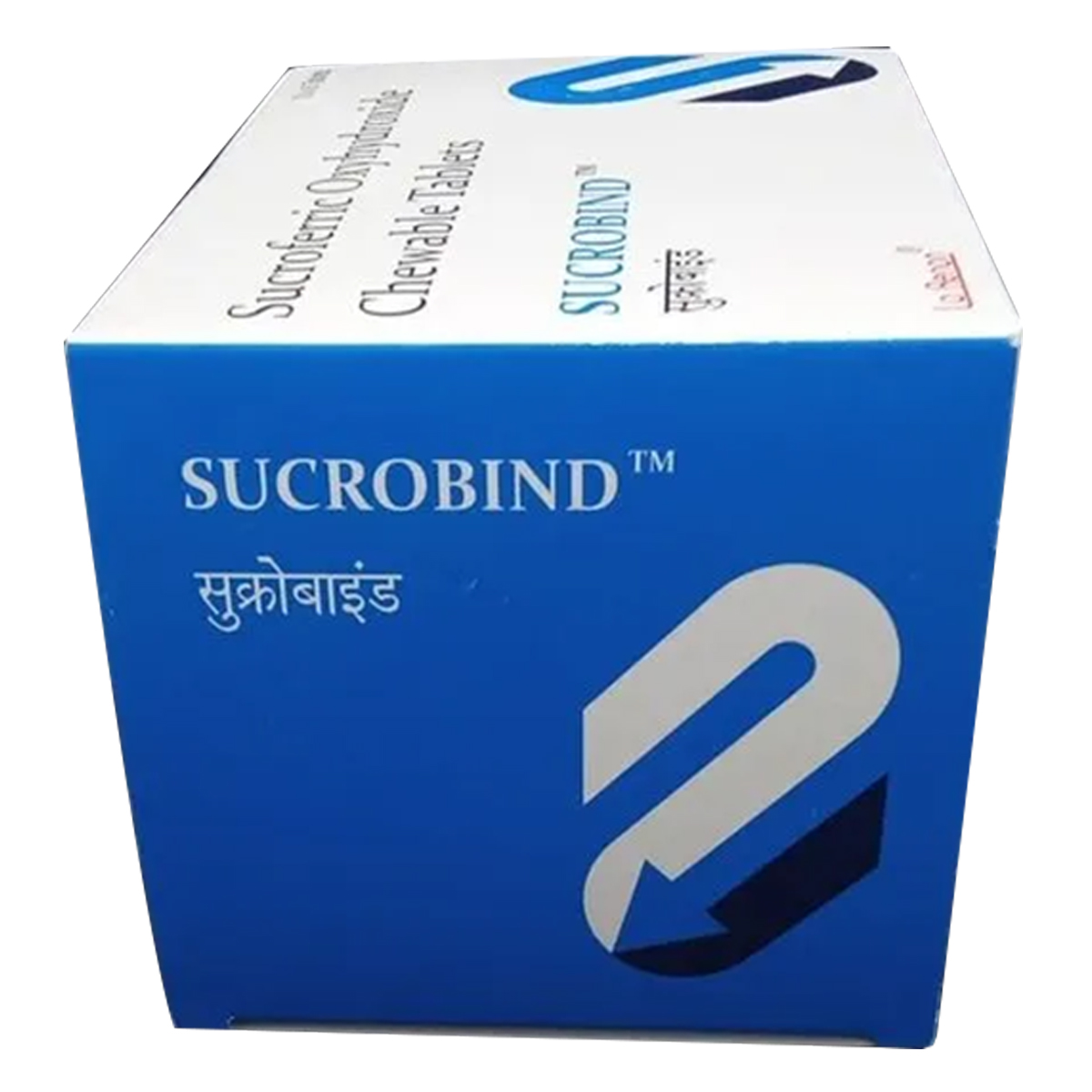
Available Offers
Therapeutic Class
Author Details
We provide you with authentic, trustworthy and relevant information
Drug-Drug Interactions Checker List
- ERDAFITINIB
- DOXYCYCLINE
- LEVOTHYROXINE
Drug-Drug Interactions
Drug-Drug Interactions
Login/Sign Up
Drug-Food Interactions
Drug-Food Interactions
Login/Sign Up
Drug-Diseases Interactions
Drug-Diseases Interactions
Login/Sign Up
Drug Warnings
Do not take Sucrobind 500 mg Chewable Tablet if you are allergic to any of the contents, if you have/had haemochromatosis, or iron overload disorder. Notify your doctor if you have/had inflammation of the peritoneum, stomach/intestinal surgery, stomach and/or liver problems. Before using this medication, tell your doctor about any health complications you have. Inform your doctor if you are taking any other medications. Consult your doctor if you are pregnant or nursing.
Side Effects of Sucrobind 500 mg Chewable Tablet
- Diarrhoea
- Nausea
- Vomiting
- Constipation
- Indigestion
Directions for Use
Medicinal Benefits Mweb
Key Benefits
Sucrobind 500 mg Chewable Tablet contains sucroferric oxyhydroxide indicated for controlling serum phosphorus levels in adult chronic kidney disease patients on haemodialysis or peritoneal dialysis. Sucrobind 500 mg Chewable Tablet helps to lower phosphate levels in the blood and prevents issues caused by high phosphate levels in the blood, especially in dialysis patients who are unable to get rid of excess phosphate levels.
Uses of Sucrobind 500 mg Chewable Tablet
About Sucrobind 500 mg Chewable Tablet
Sucrobind 500 mg Chewable Tablet belongs to the class of medications called mineral supplements indicated for controlling serum phosphorus levels in adult chronic kidney disease patients on haemodialysis or peritoneal dialysis.
Sucrobind 500 mg Chewable Tablet contains 'sucroferric oxyhydroxide'. It helps to lower phosphate levels in the blood and prevents complications caused by high phosphate levels in the blood, especially in dialysis patients who are unable to eliminate excess phosphate levels.
Sucrobind 500 mg Chewable Tablet should be taken as prescribed by your doctor. Sucrobind 500 mg Chewable Tablet can cause side effects such as diarrhoea, nausea, vomiting, constipation, and indigestion in some cases. These side effects are not universal and vary from person to person. Please consult your doctor if you experience any of the side effects persistently.
Do not take Sucrobind 500 mg Chewable Tablet if you are allergic to any of the contents, if you have/had haemochromatosis, or iron overload disorder. Before using this medication, inform your doctor of any medical issues you may have. Consult your doctor if you are pregnant or breastfeeding. The safety and efficacy of Sucrobind 500 mg Chewable Tablet in children blow 2years have not been established.
Online payment accepted
know your delivery time
Provide Delivery Location
Author Details
We provide you with authentic, trustworthy and relevant information
Therapeutic Class
All Substitutes & Brand Comparisons
- If you are experiencing fecal discoloration as a side effect of medication, it is important to talk to your doctor. They can help you determine the cause of the discoloration and recommend the best course of treatment.
- Stay hydrated by drinking plenty of fluids to prevent constipation.
- Adopt a balanced diet rich in fibre to regulate bowel movements and prevent constipation.
- Eat less or stay away from foods like beets, carrots, and leafy greens that can temporarily change the colour of your stool.
- Eat less dark-coloured foods, such as black liquorice or blueberries.
- Inform Your Doctor: Notify your doctor immediately about your diarrhoea symptoms. This allows them to adjust your medication or provide guidance on managing side effects.
- Stay Hydrated: Drink plenty of fluids to replace lost water and electrolytes. Choose water, clear broth, and electrolyte-rich drinks. Avoid carbonated or caffeinated beverages to effectively rehydrate your body.
- Follow a Bland Diet: Eat easy-to-digest foods to help firm up your stool and settle your stomach. Try incorporating bananas, rice, applesauce, toast, plain crackers, and boiled vegetables into your diet.
- Avoid Trigger Foods: Steer clear of foods that can worsen diarrhoea, such as spicy, fatty, or greasy foods, high-fibre foods, and dairy products (especially if you're lactose intolerant).
- Practice Good Hygiene: Maintain good hygiene to prevent the spread of infection. To stay healthy, wash your hands frequently, clean and disinfect surfaces regularly, and avoid exchanging personal belongings with others.
- Take Anti-Diarrheal Medications: If your doctor advises, anti-diarrheal medications such as loperamide might help manage diarrhoea symptoms. Always follow your doctor's directions.
- Keep track of your diarrhoea symptoms. If they don't get better or worse or are accompanied by severe stomach pain, blood, or dehydration signs (like extreme thirst or dark urine), seek medical help.
- Inform your doctor about the nausea and discuss possible alternatives to the medication or adjustments to the dosage.
- Divide your daily food intake into smaller, more frequent meals to reduce nausea.
- Opt for bland, easily digestible foods like crackers, toast, plain rice, bananas, and applesauce.
- Avoid certain foods that can trigger nausea, such as fatty, greasy, spicy, and smelly foods.
- Drink plenty of fluids, such as water, clear broth, or electrolyte-rich beverages like coconut water or sports drinks.
- Use ginger (tea, ale, or candies) to help relieve nausea.
- Get adequate rest and also avoid strenuous activities that can worsen nausea.
- Talk to your doctor about taking anti-nausea medication if your nausea is severe.
- Record when your nausea occurs, what triggers it, and what provides relief to help you identify patterns and manage your symptoms more effectively.

Have a query?
Verified Buyers Reviews
Side Effects
- Stool That Is An Unusual Color
- Loose And Watery Stools
- Nausea
- Taste abnormalities
If any of the above side effects continue or intensify, seek medical advice. Professional guidance may be necessary for appropriate care and treatment adjustments.
Buy best Genito Urinary products by
Cipla Ltd
Sun Pharmaceutical Industries Ltd
Intas Pharmaceuticals Ltd
Ipca Laboratories Ltd
Leeford Healthcare Ltd
Dr Reddy's Laboratories Ltd
Lupin Ltd
Alkem Laboratories Ltd
Msn Laboratories Pvt Ltd
Zydus Healthcare Ltd
Demorbus India Pvt Ltd
Mankind Pharma Pvt Ltd
Overseas Health Care Pvt Ltd
RPG Life Sciences Ltd
La Renon Healthcare Pvt Ltd
Alembic Pharmaceuticals Ltd
Corona Remedies Pvt Ltd
Macleods Pharmaceuticals Ltd
Aristo Pharmaceuticals Pvt Ltd
Fourrts India Laboratories Pvt Ltd
Tas Med India Pvt Ltd
Micro Labs Ltd
Samarth Life Sciences Pvt Ltd
Zydus Cadila
Emcure Pharmaceuticals Ltd
Hetero Drugs Ltd
Ignyx Pharmaceuticals
Renspur Healthcare Pvt Ltd
Steris Healthcare
Alniche Life Sciences Pvt Ltd
Septalyst Lifesciences Pvt Ltd
Ajanta Pharma Ltd
Elder Pharmaceuticals Ltd
Merynova Life Sciences India Pvt Ltd
Tppl Pharmaceuticals Pvt Ltd
Walter Bushnell
Aar Ess Remedies Pvt Ltd
Knoll Healthcare Pvt Ltd
Lividus Pharmaceuticals Pvt Ltd
Meditrex Pharma
Medrhans Pharmaceuticals Pvt Ltd
Neuten HealthCare
Redmed Medical Services
Talohsty Medmark Pvt Ltd
Zycris Healthcare
East West Pharma India Pvt Ltd
Globus Remedies Ltd
Golden Square Lab Pvt Ltd
Hetero Healthcare Pvt Ltd
Modi Mundipharma Pvt Ltd
Nephurocare Pharma Pvt Ltd
Pfizer Ltd
TTK Healthcare Ltd
Votary Laboratories (India) Ltd
Albus Healthcare Pvt Ltd
Delvin Formulations (P) Ltd
Indoco Remedies Ltd
Intra Life Pvt Ltd
Megma Healthcare Pvt Ltd
Morepen Laboratories Ltd
Qren Life Sciences Pvt Ltd
Steadfast MediShield Pvt Ltd
Unipark Biotech Pvt Ltd
Akumentis Healthcare Ltd
Biokindle Lifesciences Pvt Ltd
Calren Care Lifesciences Pvt Ltd
Chemo Biological Ltd
Chemo Healthcare Pvt Ltd
Euniche Life Sciences
Himeros Pharmaceuticals Pvt Ltd
Hospimax Healthcare Pvt Ltd
Kiosence Health Care Pvt Ltd
Lia Life Sciences Pvt Ltd
Panacea Biotec Ltd
Primus Remedies Pvt Ltd
Rencord Life Sciences Pvt Ltd
Shilpa Medicare Ltd
Stadmed Pvt Ltd
Abbott India Ltd
Ameya Pharmaceuticals & Chemicals Pvt Ltd
Ardent Life Sciences Pvt Ltd
Asterima Pharmaceuticals Pvt Ltd
Astrum Healthcare Pvt Ltd
Cadila Healthcare Ltd
De Renon
Fibovil Pharmaceuticals Pvt Ltd
Koye Pharmaceuticals Pvt Ltd
Linux Laboratories Pvt Ltd
MMC Healthcare Ltd
Neovae Biomedics Pvt Ltd
Olcare Laboratories Pvt Ltd
Oxygen Pharma Care Pvt Ltd
Prevego Healthcare & Research Pvt Ltd
Rene Lifescience
Sanzyme Pvt Ltd
Solis Ortus Remedies Pvt Ltd
Syndicate Life Sciences Pvt Ltd
Tycoon Pharmaceuticals Pvt Ltd
Vasu Organics Pvt Ltd
Walron Health Care Pvt Ltd
Frequently Bought Together
₹218.7
MRP ₹243
10% off
10
+
L Sure Plus Sugar Free Cranberry Sachet 7 gm
7 gm Granules
Adonis Laboratories Pvt Ltd
₹53.6
MRP ₹59.5
10% off
1
+₹22.1
MRP ₹24.5
10% off
15
+₹146.6
MRP ₹195.5
25% off
1
+₹55.8
MRP ₹62
10% off
20
+₹51.3
MRP ₹57
10% off
20
+₹176
MRP ₹195.5
10% off
1
+₹279.5
MRP ₹310.5
10% off
1
+₹19.4
MRP ₹22
12% off
1
+₹152.1
MRP ₹169
10% off
15
+₹61.7
MRP ₹68.5
10% off
1
+


_0.jpg?tr=q-85)


